Đelić: Balkans can’t tackle crisis alone
Deputy PM Božidar Đelić says Serbia and other Balkan countries are the only ones paying the entire cost of an economic crisis that was not of their own making.
Wednesday, 25.03.2009.
11:25

Deputy PM Bozidar Djelic says Serbia and other Balkan countries are the only ones paying the entire cost of an economic crisis that was not of their own making. Speaking at the Center for European Policy in Brussels, Djelic said that new EU member-states that had hit financial hard times were getting tens of billions in aid at the drop of a hat. Djelic: Balkans can’t tackle crisis alone He noted that the EU had reached an agreement with Ukraine to invest several billion euros into its system for transferring Russian gas to Europe, while Serbia and the Western Balkans countries, which had also been hit hard by the gas crisis this winter and were implementing major European reforms, had not received a penny for work on gas storage facilities or pipelines. The EU, he said, had decided to invest its surplus budget funds from previous years, some EUR 5bn, into energy infrastructure, but none of that money had been given to the Balkans, even though these countries were members of the European Union-Southeast Europe Energy Community. In a debate on whether the Western Balkans were inside or outside the EU, Djelic said that the claims by some EU member-states that only Croatia should receive EU membership were unacceptable, if the measure of success was individual for each country. Djelic said that Belgrade had proposed that half of the Serbian budget deficit created by the impact of the economic crisis, and which the International Monetary Fund believes could reach six percent GDP, should be covered by the state and the rest by international banks and institutions. This includes a proposal, being discussed by the European Commission, for EUR 120mn to be set aside from IPA programs aimed at helping Balkan candidate states and potential candidates with EU funds. The deficit, he said, could end up reaching EUR 1.8bn. Part of the expenses would be covered by anticipated privatization revenue and a loan on the capital market, so that the Serbian government would secure EUR 900mn, and receive the same amount from the EU and international financial institutions, including private European banks in Serbia, which had thus far registered major profits. Bozidar Djelic (FoNet)
Đelić: Balkans can’t tackle crisis alone
He noted that the EU had reached an agreement with Ukraine to invest several billion euros into its system for transferring Russian gas to Europe, while Serbia and the Western Balkans countries, which had also been hit hard by the gas crisis this winter and were implementing major European reforms, had not received a penny for work on gas storage facilities or pipelines.The EU, he said, had decided to invest its surplus budget funds from previous years, some EUR 5bn, into energy infrastructure, but none of that money had been given to the Balkans, even though these countries were members of the European Union-Southeast Europe Energy Community.
In a debate on whether the Western Balkans were inside or outside the EU, Đelić said that the claims by some EU member-states that only Croatia should receive EU membership were unacceptable, if the measure of success was individual for each country.
Đelić said that Belgrade had proposed that half of the Serbian budget deficit created by the impact of the economic crisis, and which the International Monetary Fund believes could reach six percent GDP, should be covered by the state and the rest by international banks and institutions.
This includes a proposal, being discussed by the European Commission, for EUR 120mn to be set aside from IPA programs aimed at helping Balkan candidate states and potential candidates with EU funds. The deficit, he said, could end up reaching EUR 1.8bn.
Part of the expenses would be covered by anticipated privatization revenue and a loan on the capital market, so that the Serbian government would secure EUR 900mn, and receive the same amount from the EU and international financial institutions, including private European banks in Serbia, which had thus far registered major profits.



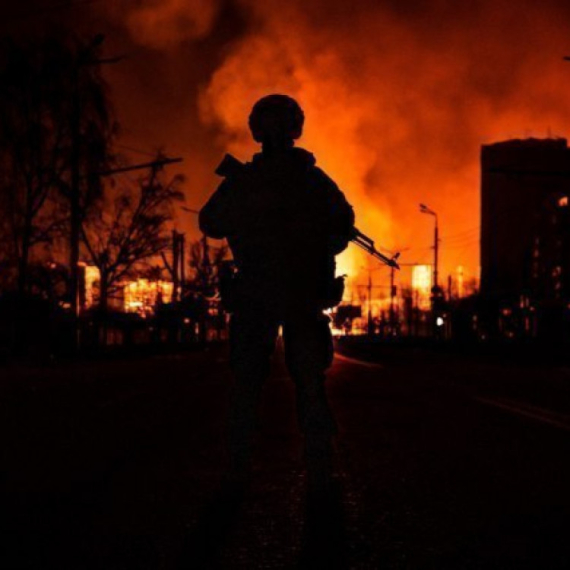
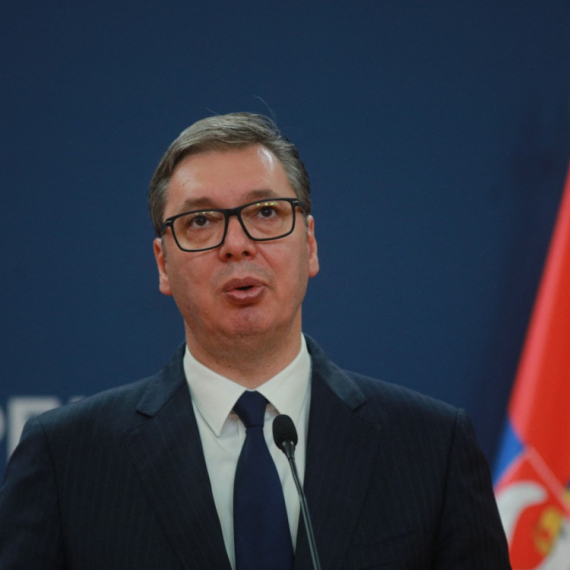

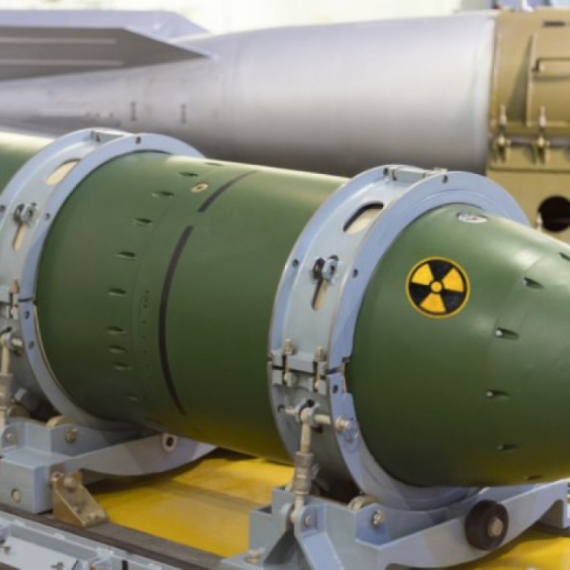




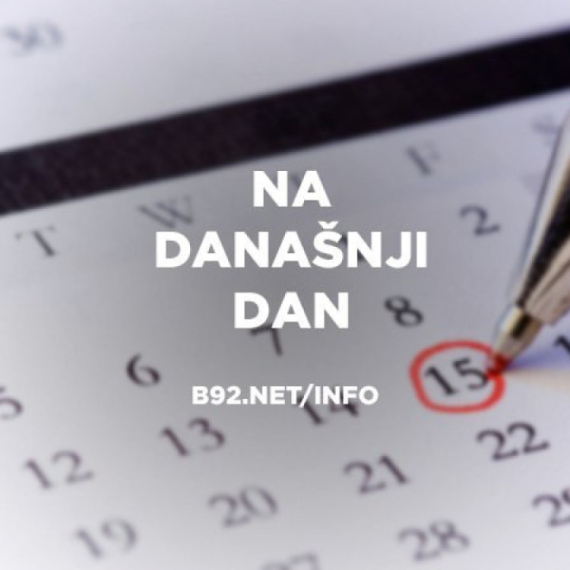

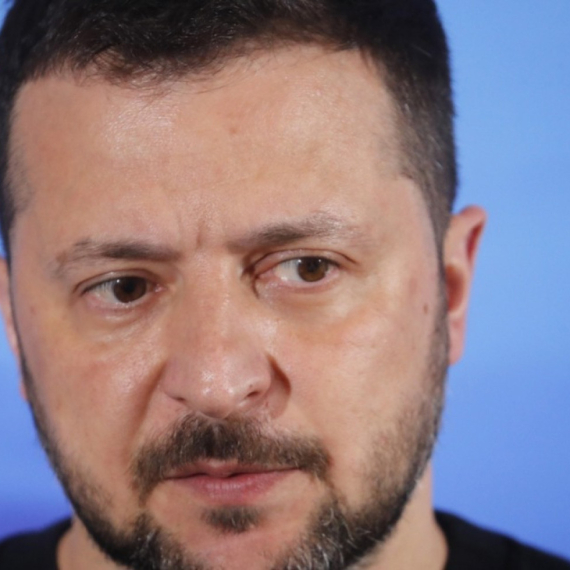

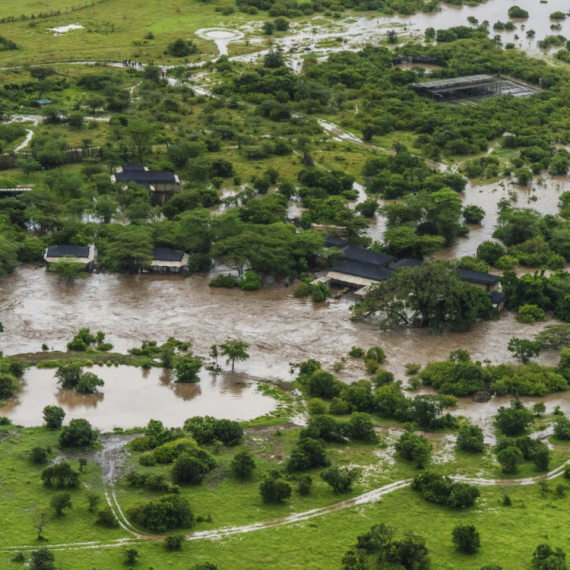
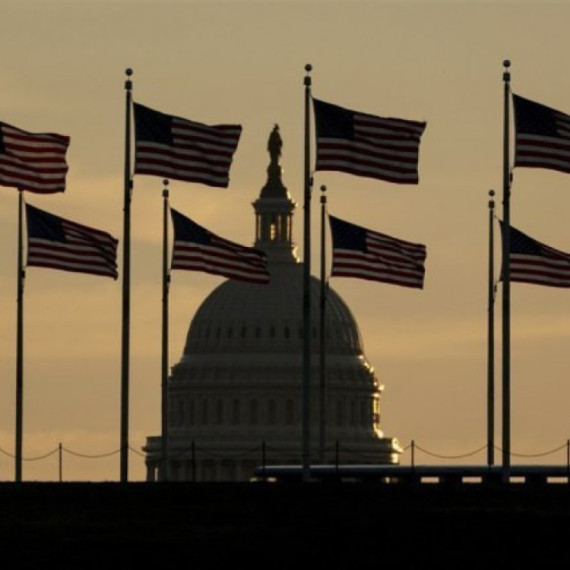















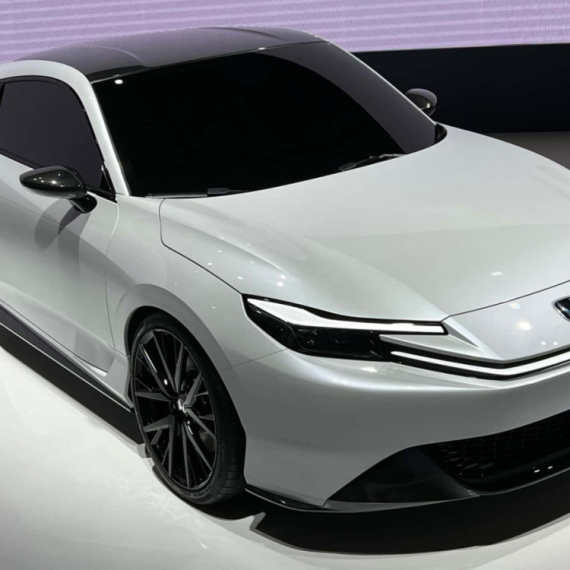
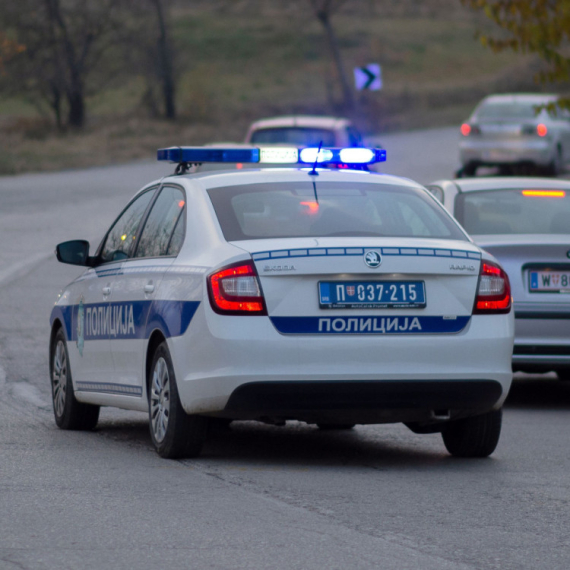

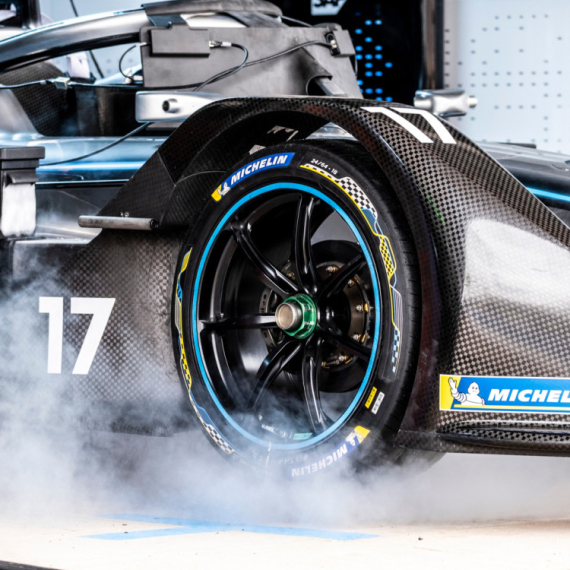


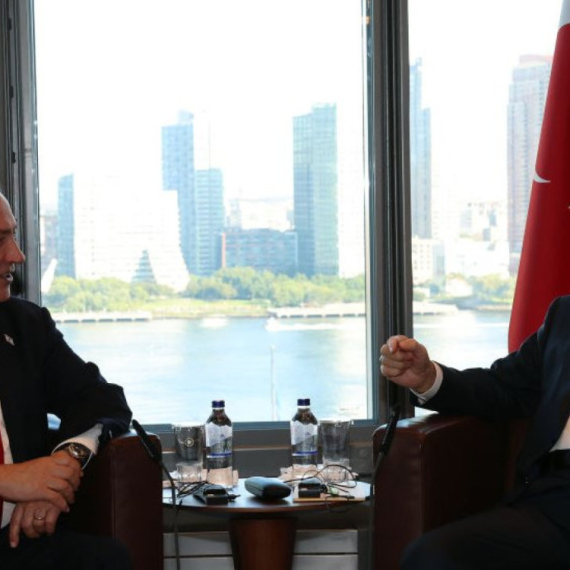

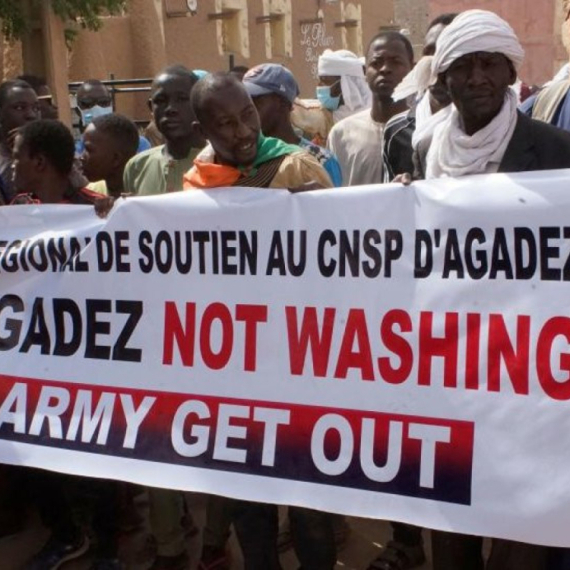
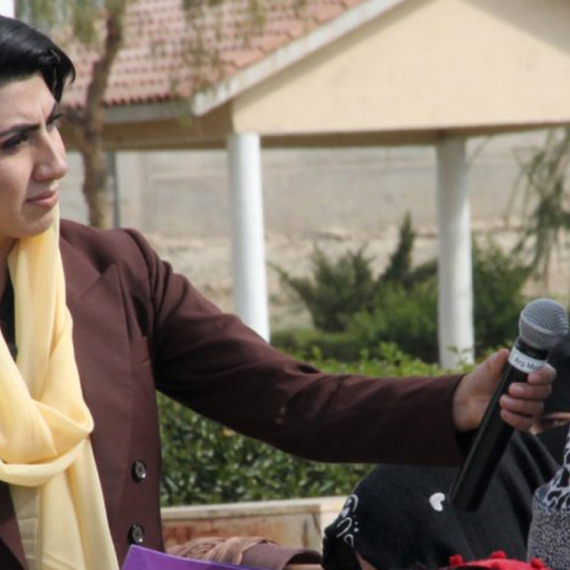

Komentari 5
Pogledaj komentare